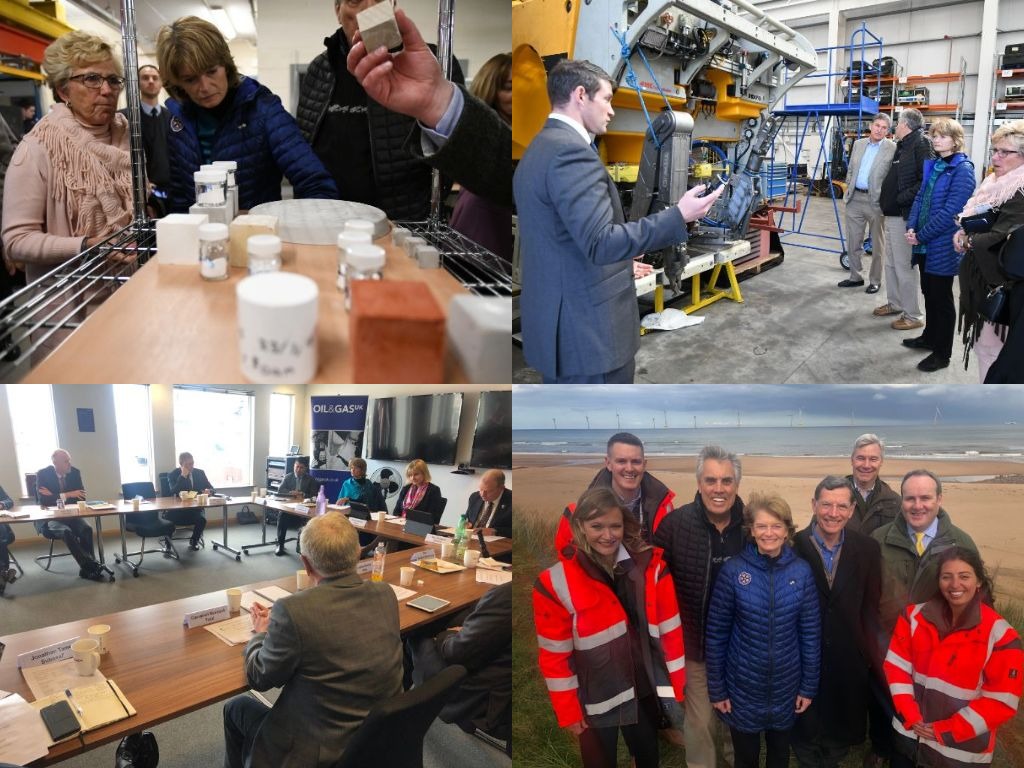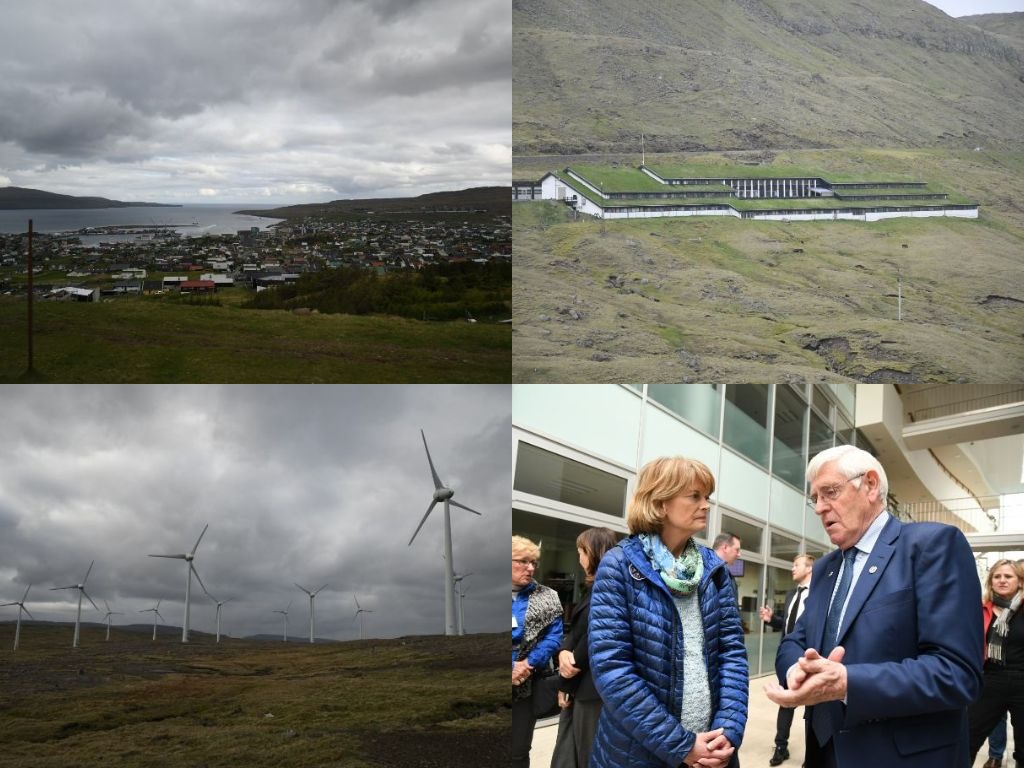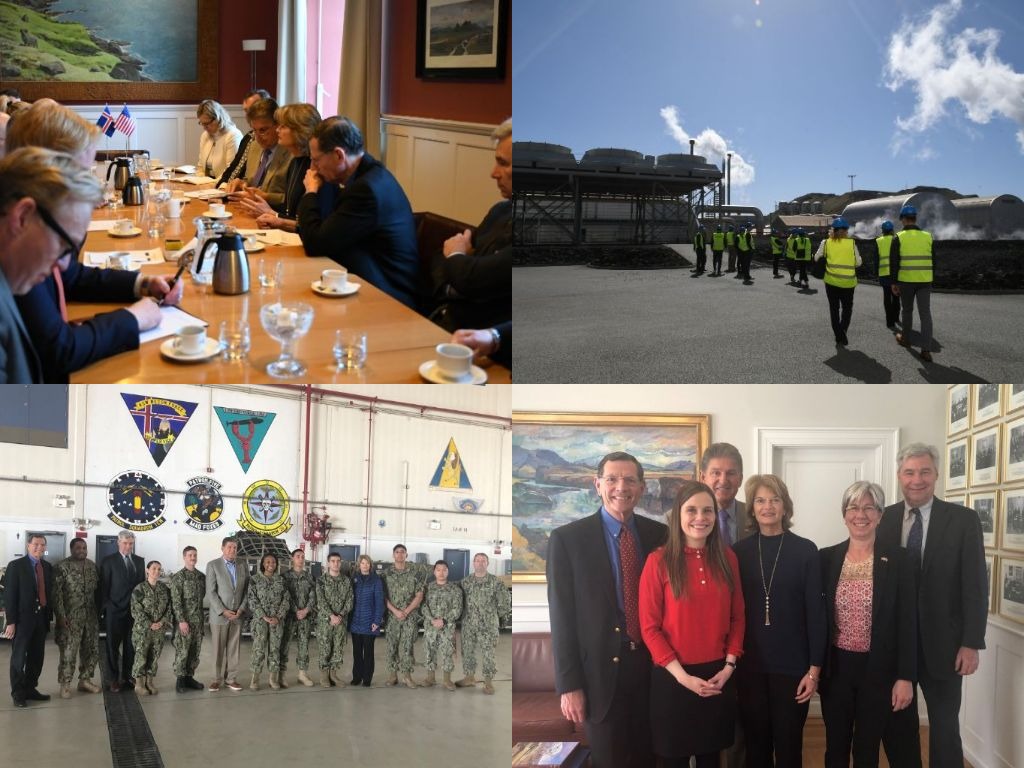Murkowski Leads Congressional Delegation Arctic-Focused Trip
U.S. Sen. Lisa Murkowski (R-AK) this week led a congressional delegation to locations across the Arctic and North Atlantic to develop a better understanding of the region, further the United States’ relationship with the other Arctic nations, and visit American troops in the Far North. As part of the trip, the delegation focused extensively on energy technologies and climate research activities.
Joining Senator Murkowski, chairman of the Energy and Natural Resources Committee, were committee Ranking Member Joe Manchin (D-WV) and Senators Maria Cantwell (D-WA), John Barrasso (R-WY), and Sheldon Whitehouse (D-RI).
“One of my top priorities in the Senate is to raise awareness of the Arctic and ensure the people who live in the region are not an afterthought in policy decisions. This trip was a valuable opportunity for my colleagues to experience firsthand what the Arctic is all about,” said Senator Lisa Murkowski. “We were able to see and hear what’s happening in remote areas to develop needed infrastructure and address energy challenges. That includes the impacts of climate change, and what other nations are doing to transition to cleaner energy resources. Through collaboration, and the sharing of technologies and best practices, there is so much we can learn from the Arctic and other remote areas across the globe. I thank my colleagues for going with me and look forward to bringing more members to the region.”
In Ottawa, Canada, the congressional delegation participated in a meeting of the Standing Committee of Parliamentarians of the Arctic Region to hear from the other Arctic representatives about what is happening politically, environmentally, and culturally in the Arctic. Senator Murkowski is the U.S. Representative to the Standing Committee of Parliamentarians of the Arctic Region and had an opportunity to share an update on advancements in the Arctic, such as Congress appropriating full funding for the design and construction of a new heavy Polar Security Cutter (icebreaker) and funding for long lead-time materials for a second vessel.
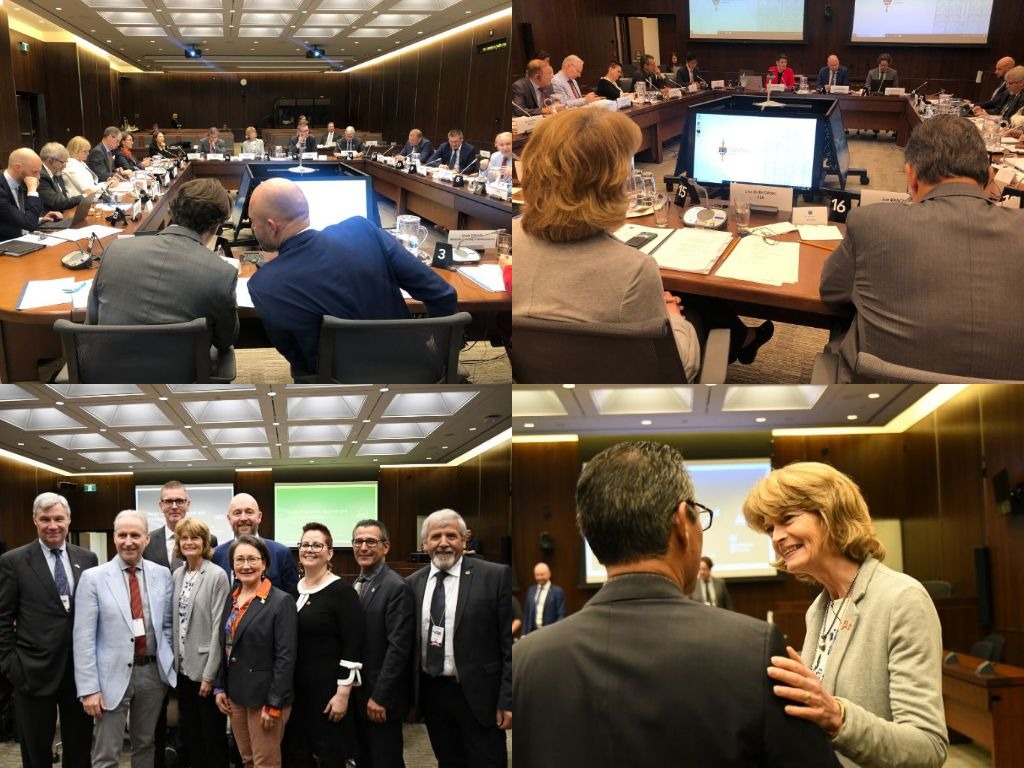
In Greenland, the delegation visited American airmen and women at Thule Air Base, the Department of Defense’s northernmost base, located 750 miles north of the Arctic Circle. Given its geographic location, Thule Air Base serves as a strategic installation for the United States and our partners. It is home to DET-1 space surveillance and satellite command and control operations. The delegation toured defense operations at Thule, which include the Ballistic Missile Early Warning System designed to detect and track ICBMs launched against North America and learned more about scientific research being conducted in the Arctic region.
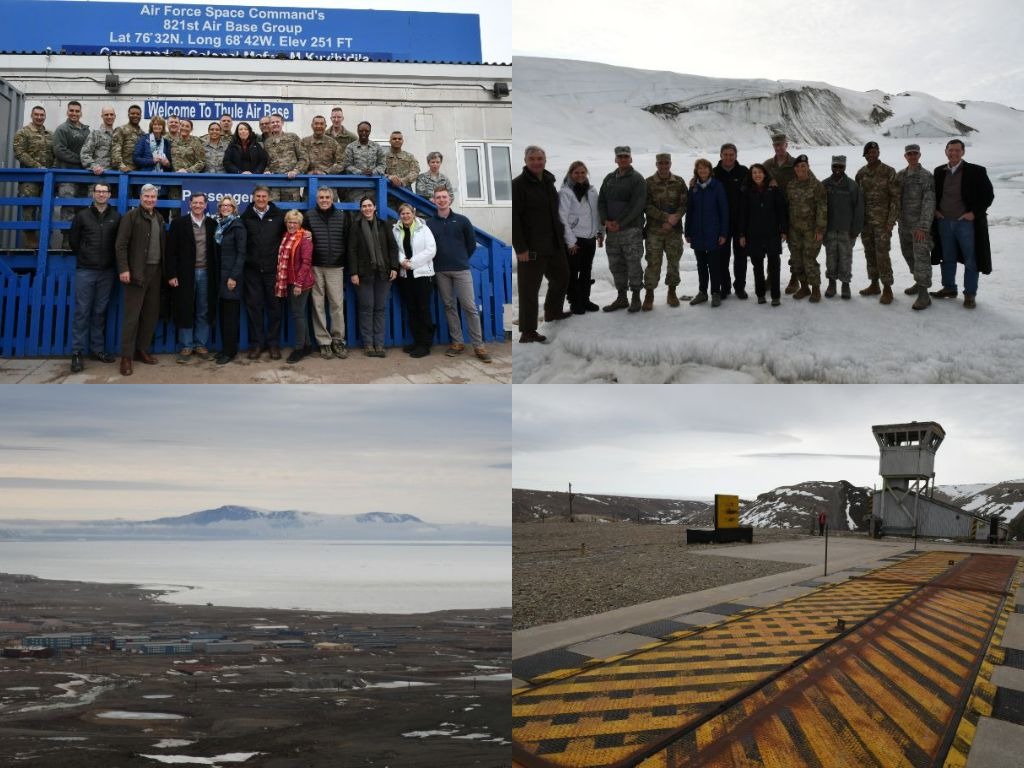
Svalbard, a Norwegian archipelago in the Arctic Ocean, is the northern-most inhabited place in the world and is home to the University Centre in Svalbard (UNIS), the northern-most institution for higher education and research. The delegation visited UNIS to learn about research and education in the Arctic and visited an observing station that collects data to give better estimates of the future of our environment. In addition, the visit included Svalbard Satellite Station, which serves as a base for receiving data from satellites in polar orbit to gather scientific data, search and rescue operations, and communications. In Tromsø, Norway, the Senators participated in an Arctic Frontiers seminar on sustainable development in the Arctic.
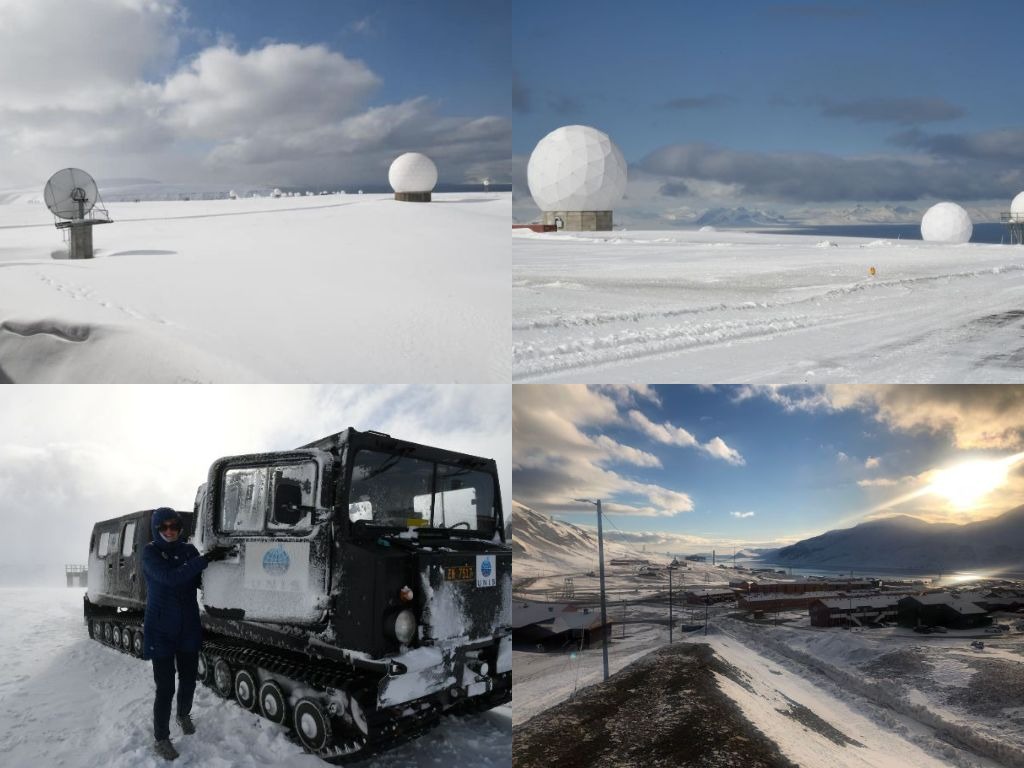
In Aberdeen, Scotland, the Senators met with representatives from the energy sector to discuss innovation and opportunities to reduce greenhouse gas emissions. At a roundtable with Oil & Gas UK, the focus remained on the development of lower carbon technologies, including technologies for carbon capture, utilization, and sequestration. The visit included a tour of the “Carbon Capture Machine” at the University of Aberdeen, which converts carbon dioxide emissions into Arctic-durable products like bricks and concrete. Members also visited ROVOP, a provider of subsea remotely operated vehicle services for projects such as oil and gas, telecom, and offshore wind.
Faroe Islands, a self-governing archipelago in the north Atlantic, is made up of 18 mountainous islands, 17 of which are populated. During a brief visit, the delegation saw how the Faroese are working to connect their communities through a series of subsea tunnels and serving as a telecommunications hub. In addition, the delegation toured the Husahagi wind farm, which operates in combination with lithium-ion batteries to provide energy storage. The Faroe Islands’ goal is to produce all their electricity from renewable energy sources by 2030.
Iceland just received the gavel for the Arctic Council, which marks the beginning of their two-year chairmanship. A visit to Reykjavik, Iceland included meetings with Icelandic leaders, including Prime Minister Katrín Jakobsdóttir, members of the Parliament, and former President Ólafur Ragnar Grímsson. Those discussions focused on cooperation and collaboration between our two nations, including opportunities to address climate change and advance sustainable development. The members also visited HS Orka’s geothermal power station.
Note: High-res photos available upon request.
Background: Senator Murkowski is considered the leading expert among her Congressional colleagues on Arctic issues and has worked continuously to raise awareness of the Arctic. At the beginning of the 114th Congress, Senator Murkowski and Senator Angus King (I-ME) formed the Senate Arctic Caucus, to advance issues important to the Arctic and to the people who live there. Murkowski also led the charge to recapitalize and expand America’s fleet of Polar Security Cutters (AKA icebreakers).

